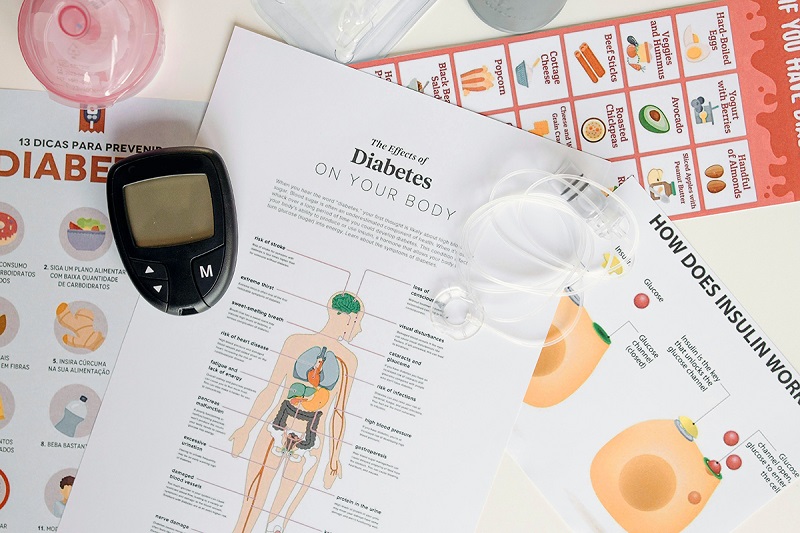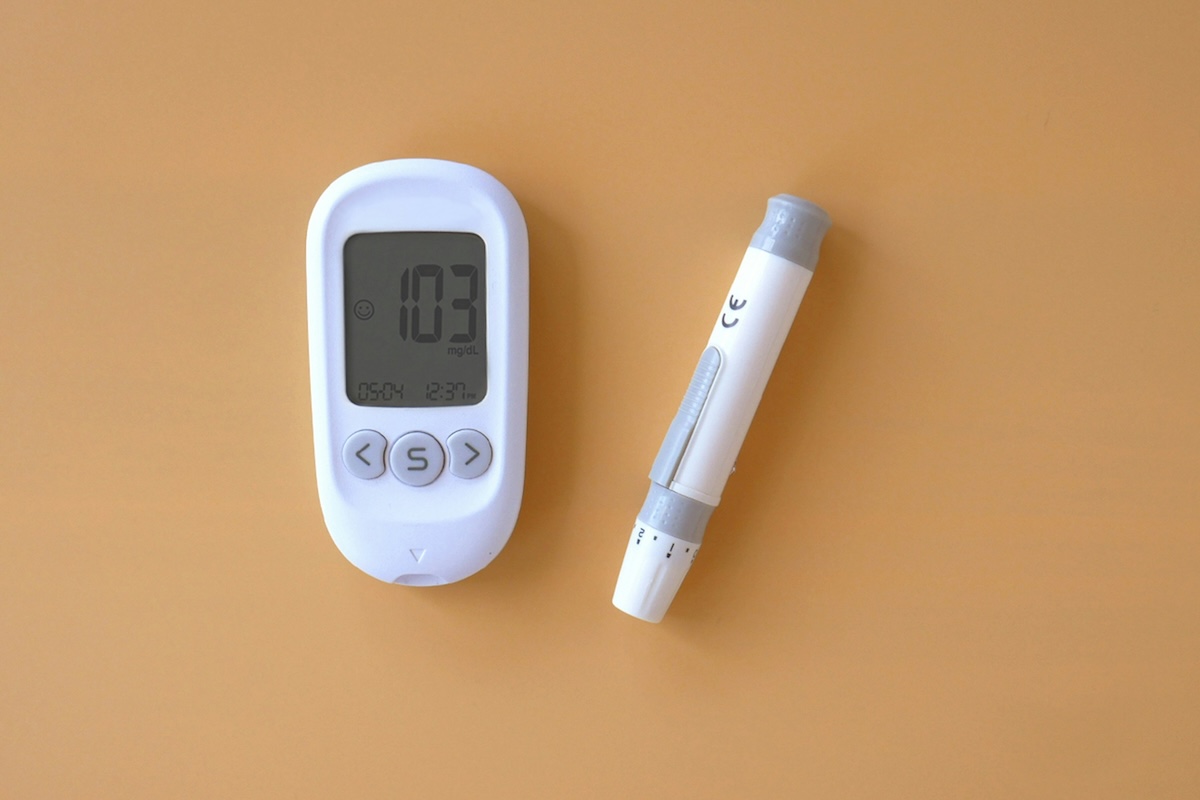I had gestational diabetes in my last pregnancy. Since then, I have been working to adjust my diet and increase my exercise to reduce my chances of developing Type 2 diabetes. I have been following a lower-carb, high-protein diet, but recently I read that meat increases my risk for diabetes. Do I need to further adjust my diet? If carbs, fat, and meat aren’t good, what is left?
—Hungry and worried
Like you, many of my patients have been asking about reports like this one, based on a recent study that suggests that meat consumption is correlated with diabetes risk. I understand why you would be concerned. For decades, experts have advised that people at risk for Type 2 diabetes should limit their carbohydrate intake — especially of simple carbohydrates — in favor of lean proteins and healthy fats. Meat is the major source of protein for many of my patients and probably for many of you too. If carbs and meat are off-limits, what is left to eat?

I wouldn’t completely eliminate your favorite animal protein just yet. While the study in question is large — it includes data from nearly 2 million participants — it is worth taking a closer look. In general, it is always important to consider dietary studies carefully. They are nearly impossible to do well. Unless patients are being given all their meals in a hospital-based study, you can’t really know what they are eating.
In this case, the participants were surveyed on their meat consumption as part of several larger registry studies all over the world. The authors then compared the participants’ reported meat consumption with whether or not they had been diagnosed with diabetes. The exact questions the study participants answered may have been different from one study group to the next. This leads to a great deal of inconsistency in the data.
What we can say is that meat consumption is correlated with Type 2 diabetes, but the authors have not established a causal relationship. It is very likely that there are other factors that lead meat eaters to develop Type 2 diabetes.
Processed meat products such as hot dogs were most strongly correlated with diabetes risk. To me, this suggests that the participants who ate more meat might engage in other dietary habits such as consuming simple carbohydrates. Perhaps they are less active. We can’t tell from this particular study what that factor might be. Furthermore, it is not clear what the mechanism might be through which meat consumption might cause Type 2 diabetes.
The upshot is that I am not, based on this study, changing my recommendations regarding meat consumption for my patients at increased risk of developing diabetes.














Log in